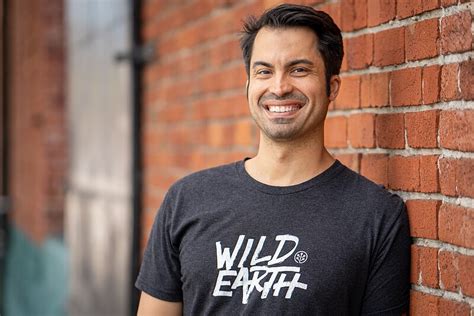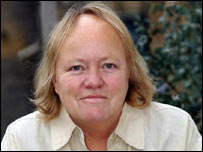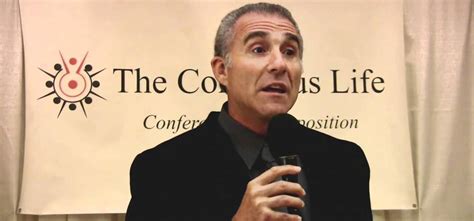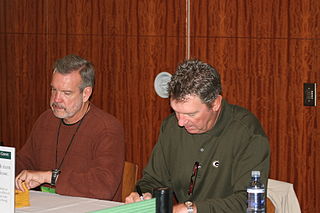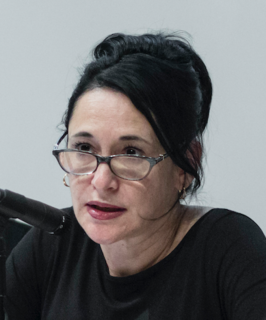Top 47 Biotechnology Quotes & Sayings
Explore popular Biotechnology quotes.
Last updated on April 14, 2025.
In 1986, I was asked by the then-Dean of Science at the University of British Columbia, Dr. R.C. Miller, Jr., to establish a new interdisciplinary institute, the Biotechnology Laboratory. I decided that it was time for me to start paying back for the thirty years of fun that I had been able to have in research.
In the early 19th century, when the country was transitioning from an agrarian to an industrial economy, we subsidised transportation and created a national bank. In the post-WWII era, we as a federal government made strategic investments in emerging technologies including microelectronics, telecommunications and biotechnology.
The risk of an investment is described by both the probability and the potential amount of loss. The risk of an investment-the probability of an adverse outcome-is partly inherent in its very nature. A dollar spent on biotechnology research is a riskier investment than a dollar used to purchase utility equipment. The former has both a greater probability of loss and a greater percentage of the investment at stake.
Even to this day, the government, the FDA is refusing to use the sophisticated biotechnology to evaluate the contaminants in the vaccines such as the polio vaccines that they are administering. I think (people) would be appalled that some of the vaccines that are currently being used are still laced with viruses.
Green is not just about renewable energy. It's also about creating a new direction for the whole economy. This requires government to step up, not step back, creating the kinds of mission-oriented public organizations that will enable us to tackle climate change - as ambitious as those that got us to the moon. It also requires the financial sector to be less short-term since we know that short-term finance has distorted incentives and directions in areas like biotechnology.
There are other dimensions of biotechnology. If you think of biotechnology like the Internet, it's not a category - it's an infrastructure that can be deployed to sustain or disrupt. In health care, the most complex problems at the high end have to be dealt with in a problem-solving mode by the best, most experienced physicians you can find.
A Machine to Make a Future is an insightful and creative contribution to the literature--both scholarly and journalistic--on contemporary genomics. By 'experimenting' with narrative genre, the authors hope to generate different insights into the world of genomics and biotechnology than ones generally presented in existing accounts. They succeed at that goal, providing an account that is ethnographically rich and analytically open to a world whose structure, implications, and outcomes are very much in the making.
We have the means right now to live long enough to live forever. Existing knowledge can be aggressively applied to dramatically slow down aging processes so we can still be in vital health when the more radical life-extending therapies from biotechnology and nanotechnology become available. But most baby boomers won't make it because they are unaware of the accelerating aging process in their bodies and the opportunity to intervene.
No amount of outer technology, no amount of computers and biotechnology and nanotechnology is going to stop the continuation of warfare and racism and environmental destruction. What's called for on the Earth at this time is really a change of heart ... the question is really not the future of humanity, but the presence of eternity.
How do commercial interests usually protect themselves from liability claims? Through insurance. In fact, in our society, the litmus test for safety is insurance. You can be insured for almost anything if you pay enough for the premium, but if the insurance industry isn't willing to bet its money on the safety of [biotechnology], it means the risks are simply too high or too uncertain for them to take the gamble.













